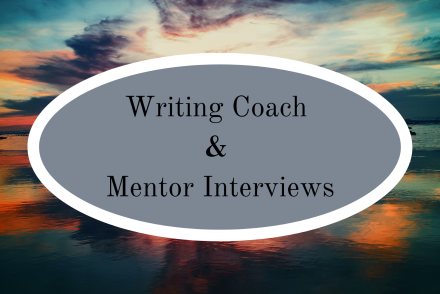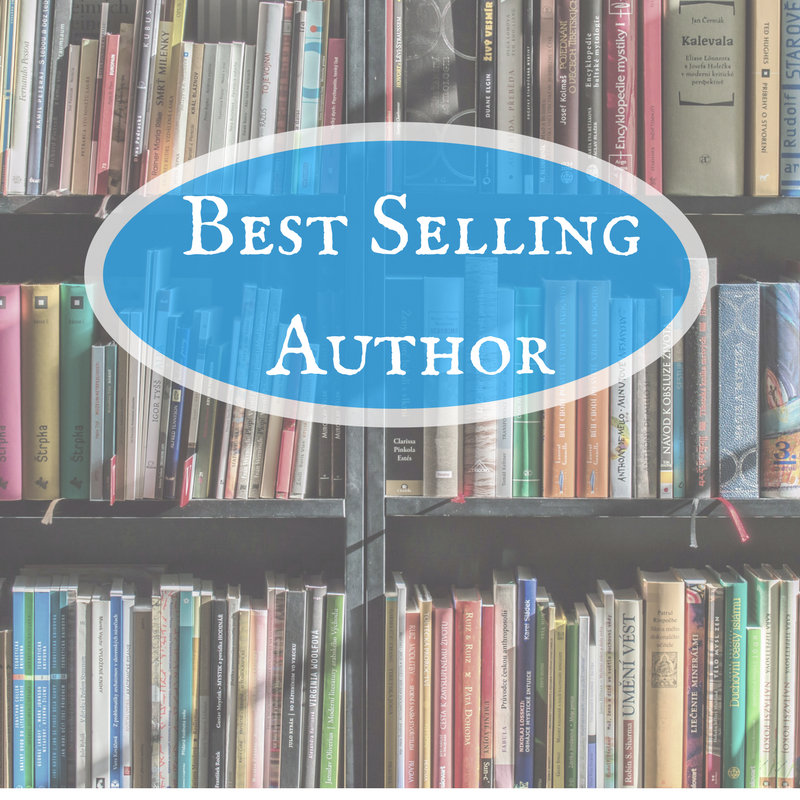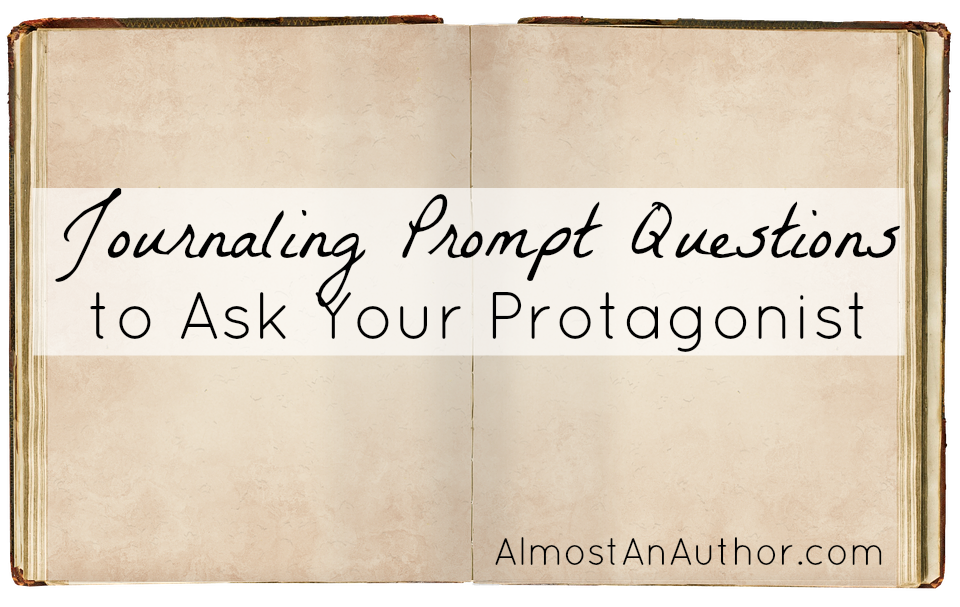
Writing Coach & Mentor Interviews
Interview With Writing Coach Allie Pleiter
Why do you write? Do you have a theme, message, or goal for your books? While I never set…
September 19, 2022
Why do you write? Do you have a theme, message, or goal for your books? While I never set…
September 19, 2022
Can you share a little about your recent book? The most recent books I’ve written are holiday books, but…
January 1, 2022
When I interviewed Dr. Gary Chapman, author of The 5 Love Languages and a bazillion other books, I prayed…
July 14, 2019
Sometimes, we writers can become so focused on writing an enticing, hard-to-put-down plot that we neglect one of the…
November 8, 2016